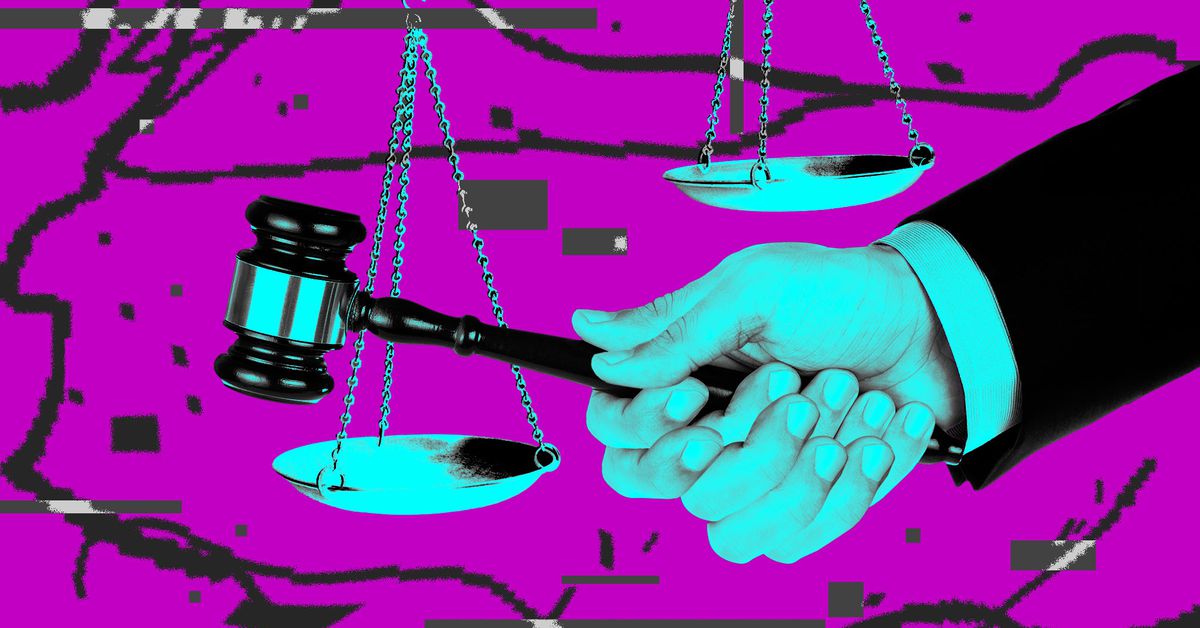A bipartisan group of senators introduced a new bill to make it easier to authenticate and detect artificial intelligence-generated content and protect journalists and artists from having their work gobbled up by AI models without their permission.
The Content Origin Protection and Integrity from Edited and Deepfaked Media Act (COPIED Act) would direct the National Institute of Standards and Technology (NIST) to create standards and guidelines that help prove the origin of content and detect synthetic content, like through watermarking. It also directs the agency to create security measures to prevent tampering and requires AI tools for creative or journalistic content to let users attach information about their origin and prohibit that information from being removed. Under the bill, such content also could not be used to train AI models.
Content owners, including broadcasters, artists, and newspapers, could sue companies they believe used their materials without permission or tampered with authentication markers. State attorneys general and the Federal Trade Commission could also enforce the bill, which its backers say prohibits anyone from “removing, disabling, or tampering with content provenance information” outside of an exception for some security research purposes.
(A copy of the bill is in he article, here is the important part imo:
Prohibits the use of “covered content” (digital representations of copyrighted works) with content provenance to either train an AI- /algorithm-based system or create synthetic content without the express, informed consent and adherence to the terms of use of such content, including compensation)



This is the best summary I could come up with:
A bipartisan group of senators introduced a new bill to make it easier to authenticate and detect artificial intelligence-generated content and protect journalists and artists from having their work gobbled up by AI models without their permission.
Content owners, including broadcasters, artists, and newspapers, could sue companies they believe used their materials without permission or tampered with authentication markers.
State attorneys general and the Federal Trade Commission could also enforce the bill, which its backers say prohibits anyone from “removing, disabling, or tampering with content provenance information” outside of an exception for some security research purposes.
Senate Majority Leader Chuck Schumer (D-NY) led an effort to create an AI roadmap for the chamber, but made clear that new laws would be worked out in individual committees.
“The capacity of AI to produce stunningly accurate digital representations of performers poses a real and present threat to the economic and reputational well-being and self-determination of our members,” SAG-AFTRA national executive director and chief negotiator Duncan Crabtree-Ireland said in a statement.
“We need a fully transparent and accountable supply chain for generative Artificial Intelligence and the content it creates in order to protect everyone’s basic right to control the use of their face, voice, and persona.”
The original article contains 384 words, the summary contains 203 words. Saved 47%. I’m a bot and I’m open source!